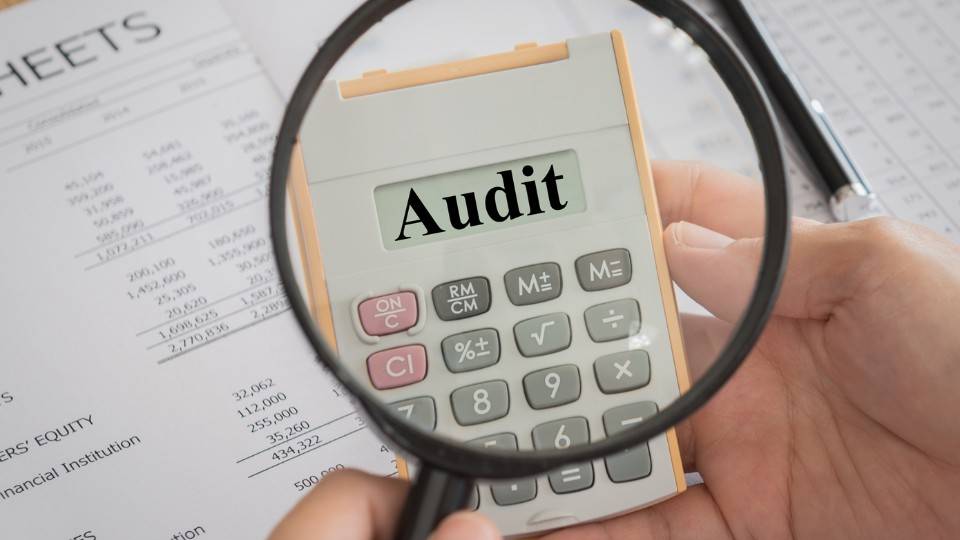


Corporate Tax Services
Navigating corporate taxes can be challenging, but our team simplifies it with a comprehensive range of services designed to help businesses manage their tax obligations efficiently and stay compliant with Canadian tax laws.
- Corporate Tax Return Submission (T2): Accurate and timely filing to meet CRA requirements.
- Sales Tax Return Preparation and Filing: Simplify GST/HST returns for your business.
- Comprehensive Tax Planning: Strategic planning to minimize liabilities and maximize savings.
- Financial Statement Preparation & Tax Format Conversion: Ensure your financial records are ready for tax season.
- Nil Return Filings: Handle inactive company filings with precision.
- T4 / T5 Filings: Streamlined reporting for employee and shareholder incomes.
- Payroll Taxes: Efficiently manage payroll tax obligations.
Information Return Submissions: Accurate filing of required CRA forms. - Incorporation Services: Expert assistance in setting up your business.
- Articles of Amendments: Handle structural changes with ease.
- CRA Correspondence Management: Take the stress out of dealing with the CRA.
- CRA Supplementary Review and Audit Support Services: Comprehensive support during reviews and audits.
- Profit, Non-Profit, and Trust Entity Filings: Ensure compliance across all entity types.

Corporate Tax Returns
Accurate corporate tax preparation is essential to optimize deductions, meet deadlines, and avoid penalties. Our expert services ensure every detail is handled with precision, giving you peace of mind.

Tax Planning for Businesses
Strategic tax planning helps businesses reduce liabilities, uncover savings opportunities, and achieve their financial goals. Let our team craft a custom plan tailored to your needs.

CRA Audit Support
Facing an audit by the Canada Revenue Agency (CRA)? We provide professional support, from preparing documents to representing you, ensuring compliance and reducing stress.
Personal Tax Services
Filing personal taxes doesn’t have to be stressful. Stratos Accounting & Consulting provides personalized solutions that ensure compliance, maximize refunds, and save you time.
- Personal Tax Preparation and Filing (T1): Timely and precise filing of personal tax returns.
- Statement of Business Income (T2125): Comprehensive reporting for self-employed individuals.
- Summary of Rental Income (T776): Clear and accurate rental income reporting.
- Other Income Statements: Expert handling of all income sources.
- GST/HST Preparation and Filings: Simplify your GST/HST obligations.
- CRA Audit and Representation: Navigate audits confidently with our support.
Personal Income Tax Returns
We ensure precise and timely filing of your personal taxes, helping you optimize your refunds and minimize errors.
Tax Advice for Self-Employed Individuals
Self-employed? We’ll help you manage expenses, identify deductions, and develop strategies to effectively handle your unique tax challenges.
Tax Filing for High-Income Earners
High-income earners face complex tax scenarios. Our team specializes in addressing these complexities, ensuring compliance and optimizing your returns.
Industries We Provide Specialized Accounting Services
We'll offer you tailored accounting solutions specific to your industry. We understand your line of business which results in optimal efficiency when preparing your financial statements, taxes, SR&ED application and more.

Why Choose Stratos Accounting & Consulting for Tax Services
If you are looking for an experienced and reliable accounting and business consulting firm, Stratos Accounting & Consulting is the prime choice in Toronto.
Experienced
We’re experienced accountants that will exceed your expectations of an ordinary accountant.
Value-added
We focus on adding value. Our results will assist in your growth, cost and time savings!
Turn-Key
Stratos provides small businesses with a turn-key solution inclusive of accounting, taxes, and SR&ED.







